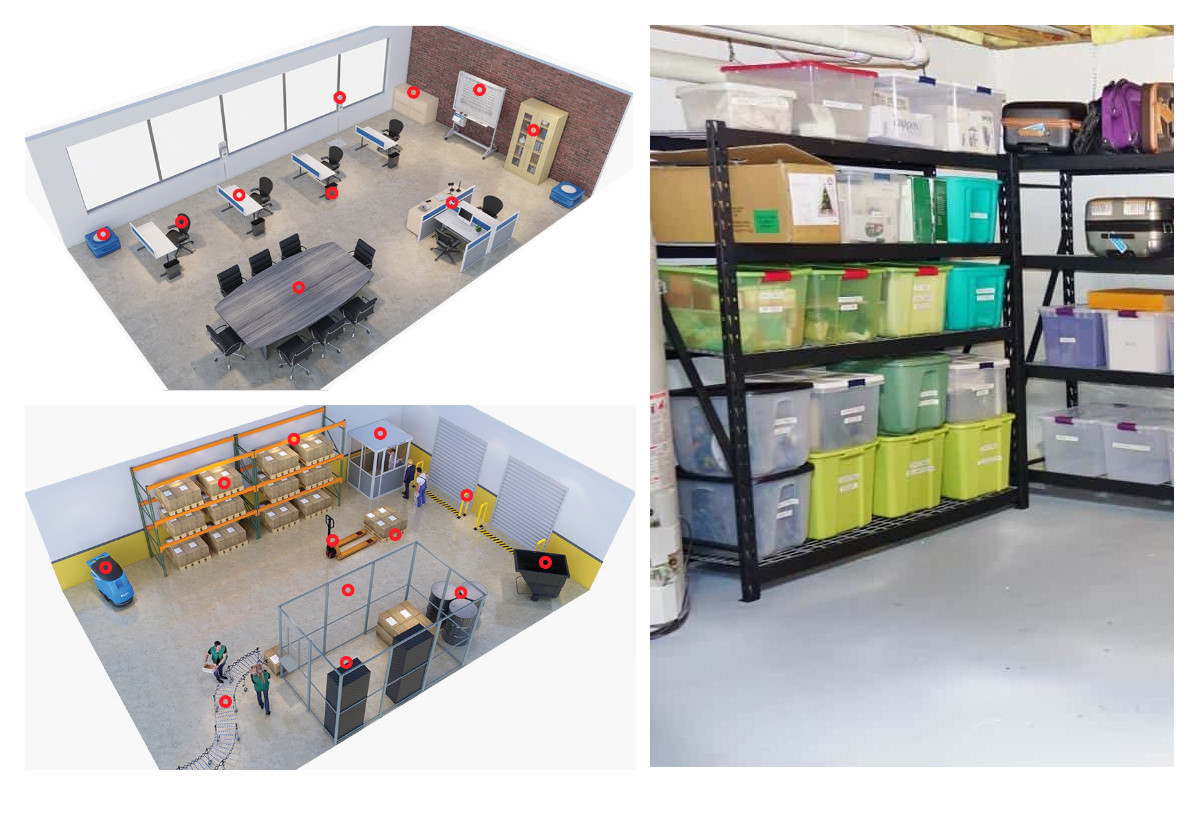"Shopping" VS. "Procurement"
The Market
The Market should not influence buying decisions, and for a procurement manager, it does not. Procurement is finding the best solution for an existing need. Shoppers based their buying decisions on information provided by advertising. They usually gain their knowledge through television, which is why the total product marketing spent in 2019 was over 240 BILLION DOLLARS! Somebody is listening. Procurement requires study and investigation, and it doesn’t allow “marketing” to play a large part.

For instance, let’s say there is a need in an organization for a single office chair. A shopper is going to be familiar with Ikea, La-Z-Boy, and a few others. They might not be as familiar with Steelcase, Herman Miller, KI, HNI, or other commercial producers of office chairs. What a shopper does know is how to shop at a consumer club. Costco, Sams, BJs, OfficeDepot, all present the “Shopper” with endless opportunities to come off looking like a procurement coordinator. For a shopper, these places are very much like an amusement park providing for EVERY NEED! You can find a beautiful office chair, along with a warming tray for Marie (the Kitchen Manager), and a lovely small fountain for the front lawn of the building. For the shopper, the task becomes finding the prescribed product(s) from one of these suppliers at the best price.
Chair purchased by the shopper for a price of $99.

The procurement manager has an entirely separate disposition. They must first acquire more information about the need before they look for a solution. Will multiple individuals use this chair? No. Will the person using the chair be sitting there all day? Yes. Does the chair need to have bariatric support? Yes. The procurement manager will then utilize their contacts and understand that they need to look at commercial manufacturers of bariatric chairs like Lesro, HPFI, and KFI.
Chair purchased by the procurement manager for $679.
At first glance, the shopper seems to have serviced the organization much better, but with time the $99 spent could prove to be the most expensive purchase the organization has ever made. If more explanation is needed, you might be a "shopper"!
Procurement Agents vs "Shoppers"
Shoppers are easily influenced by "the market" and are interested in buying what "the market" reveals to them AT THE BEST COST!
Procurement agents are price-aware, to say the least, but they will not settle for consumer (non-commercial) products that only satisfy the need somewhat. They will insist that the need is fully met.
We specialize in helping procurement agents accomplish their mission.
Amazon and Walmart are constantly "advertising" and influencing buyers to buy "cheap," it is imperative that buyers understand the importance of their role in procurement now more than ever before. Procurement is NOT shopping. Someone great at shopping should NOT be considered for a procurement position. The misunderstanding of the two terms often, incorrectly, puts a shopper into a procurement position. Shopping is finding a product (product A) at the best price (price B). Give a shopper the task of purchasing pens, and they will spend a couple of hours finding the best deal on that pen. That works well if there is no hourly wage involved. When a procurement specialist "enters" a purchasing position with an organization, their perspective widens to incorporate a larger vision. The larger vision is a result of education and experience showing that procurement is a science.










